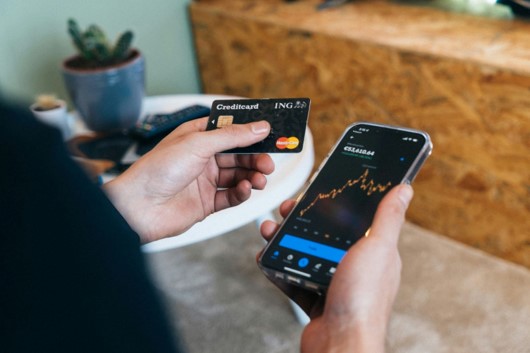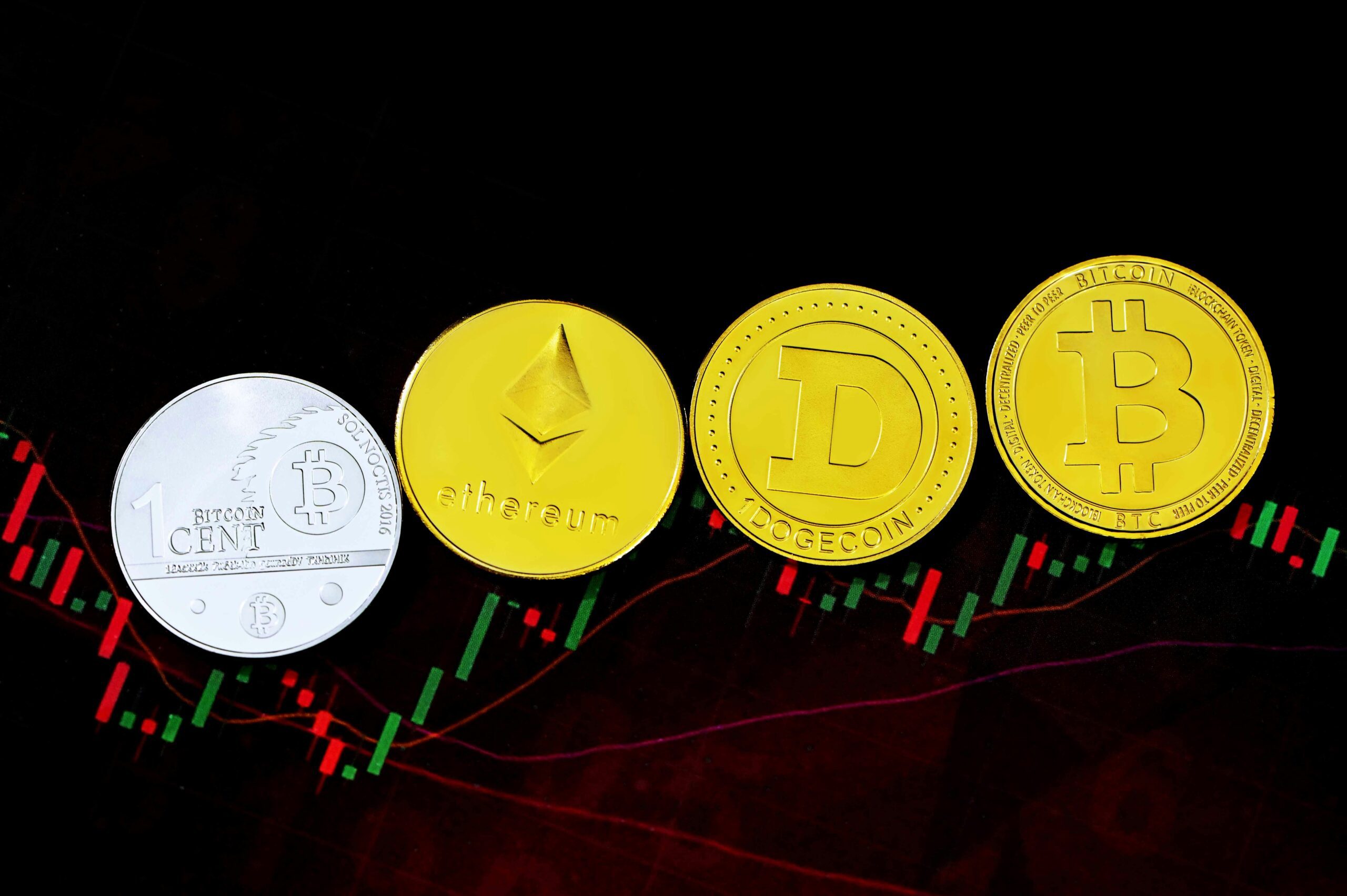Since the Bitcoin boom and the expansion of the digital market, conversations about digital currencies have become increasingly common. Reflecting this growth, Security.org reports an increase in cryptocurrency awareness and ownership in the U.S. given that 40% of American adults now own crypto, a jump from 30% in 2023, potentially representing about 93 million people.
Yet, with the increase in cryptocurrency activity come significant challenges. The risks inherent in these digital currencies cannot be ignored. It’s essential for users to understand and secure their investments, highlighting the value of cryptocurrency wallets.
With this post we want you to understand the safety required when managing your crypto investments and the use of crypto wallets. We’ll talk about the various wallet types, help you find the one that best suits your needs, and provide essential tips to keep your digital wallet safe.
What is a Crypto Wallet?
A cryptocurrency wallet is a digital tool that manages your digital currencies, similar to an app for your virtual money. It enables you to store, send, and receive cryptocurrencies, working much like a digital bank.
Within each crypto wallet, there are two vital components: the private key and the public key.
- The private key is your personal access to your cryptocurrency holdings. It’s crucial to keep this key secure, as losing it means losing access to your digital funds. Think of it as the password to your online bank account—extremely private and essential for your financial security.
- The public key is similar to your account number or email address. It’s the identifier that others use to send you cryptocurrency. While it’s unique to your wallet, it doesn’t need the same level of secrecy as your private key.
Engaging in any cryptocurrency transaction involves the use of both keys. The security of your private key is especially critical; it’s a guard for your digital assets.
How does a Crypto Wallet Work?
The term ‘crypto wallet‘ might be a bit misleading. These wallets don’t actually ‘hold’ your cryptocurrency in the way a physical wallet holds cash. Instead, they act as intermediaries between you and your cryptocurrency holdings, which are securely stored on the blockchain.
A crypto wallet lets you view, manage, and transact with your digital currencies. There’s a variety of wallets out there, ranging from user-friendly web wallets provided by crypto exchanges to more complex, secure offline wallets like hardware-based ones.
As we mentioned, these wallets operate on a fundamental principle, involving two types of keys: a public key and a private key. Let’s say you want to buy something with your cryptocurrency. This is the process that you would need to follow:
- Sending: You’d enter the seller’s public key address and the amount to send. Your wallet then ‘signs’ this transaction with your private key, securely authorizing the transfer of funds from your wallet to the seller’s.
- Receiving: On the other hand, when you receive a cryptocurrency, the person sending it to you uses your public key.
Remember, every transaction requires your private key for validation, which is why its security is important and depends greatly on the type of wallet you use.
Types of Crypto Wallets
To effectively manage your cryptocurrencies, it’s crucial to understand the two primary categories of crypto wallets: “hot” and “cold” wallets. Each type offers different features, uses, and levels of security, providing for the diverse needs of crypto users.
Hot Wallets
These are the crypto wallets that are always connected to the internet. They’re known for their convenience and ease of use, making them a popular choice for everyday transactions. However, this constant internet connection also makes them more vulnerable to online security threats.
Here are some types of popular hot wallets:
- Desktop Wallets: Installed on your computer, these wallets encrypt your private keys on your hard drive, offering a balance of accessibility and security.
- Web Wallets: Provided by crypto exchanges, they allow easy access through a browser but depend on the security of the third party.
Web wallets offer easy access but carry risks, as seen in big-scale scams like Mt. Gox and FTX. Learn how to protect yourself by reading our latest post: Biggest Crypto Scams of All Time, which highlights the vulnerabilities of web wallets.
- Mobile Wallets: Designed for mobility, these wallets let you manage your crypto via a smartphone app, providing both convenience and security while on the move.
Cold Wallets
On the other hand, cold wallets are completely offline, making them the fortress of crypto security. They are ideal for storing large amounts of crypto, especially for long-term investments, as they are less susceptible to online hacking risks.
- Paper Wallets: These are literally pieces of paper on which your private keys are printed. Simple yet secure, they are completely offline but require careful physical storage.
- Hardware Wallets: Resembling USB devices, these wallets store your private keys offline and can be connected to a computer when needed, offering a robust combination of security and convenience.
The choice between hot and cold wallets turns into a trade-off between convenience, control, and security. Your decision should align with how you use your cryptocurrency, whether for regular transactions or long-term investments.
How to Choose a Safe Crypto Wallet
When selecting a crypto wallet, consider these key factors to find the right balance for your needs:
- Ease-of-Use: How user-friendly do you need your wallet to be? For frequent transactions, opt for wallets with simple interfaces, like mobile or web wallets.
- Security: Evaluate the level of security necessary for your assets. For significant amounts or long-term storage, consider more secure cold wallets like hardware or paper wallets.
- Accessibility: Determine how often you need to access your funds. Hot wallets are suitable for regular access, whereas cold wallets offer better security for long-term holding.
Remember, the ideal wallet should align with your usage, balancing ease of use, accessibility, and security. Each type has its pros and cons, and the best choice depends on your individual cryptocurrency use style.
How to Maintain the Security of your Crypto Wallet
Maintaining the security of your cryptocurrency wallet involves several key practices, each contributing to the overall safety of your digital assets:
Choose a Reliable Wallet Provider
Before transferring any cryptocurrency, verify the wallet provider’s reputation. Read reviews from various unbiased sources and check their popularity within the crypto community. A well-regarded provider is likely to offer more reliable security measures.
Diversify your Wallets
Avoid storing all your cryptocurrencies in one wallet. Instead, distribute your currencies across multiple wallets—a mix of hot (for regular transactions) and cold storage (for savings). This strategy reduces the risk if one of your wallets is compromised.
Using cold storage, like hardware wallets, is particularly recommended due to their offline nature, making them less susceptible to online attacks.
Secure your Devices
For wallets accessed via mobile or PC:
- Never connect to public Wi-Fi, as these networks are prone to hacking.
- Turn off auto-updates, but regularly update your software manually.
- Implement Two-Factor Authentication (2FA) for an extra layer of security. Apps like Google Authenticator are widely used for this purpose.
- Password-protect your devices and avoid saving crypto-related passwords in browsers or password managers.
- Use updated antivirus software to protect against malware.
Protect your Private Keys
Your private keys are critical for accessing your cryptocurrency. Keep them confidential and share them only with trusted family members for emergency planning.
Regularly Back up your Wallet
Regularly back up your wallet to avoid losing access to your funds due to device failure or other issues. Establish a backup schedule and stick to it.
Be Cautious in Crypto Transactions
When buying cryptocurrency, only use trusted exchanges. Stay vigilant against complicated processes, unrealistic exchange rates, and too-good-to-be-true offers, which could indicate scams.
Keep your Wallet Software Updated
Regularly update your wallet software to protect against new security threats and vulnerabilities.
Additionally, consider using a VPN when accessing your wallet to encrypt your online activity, further safeguarding your private keys from potential interception. By following these practices, you significantly increase the security of your crypto wallet, protecting your cryptos from various risks.
Conclusion
Staying informed about digital finance and blockchain technology is vital for protecting your investments in the cryptocurrency market.
With an ever-increasing range of cryptocurrency wallet options, each showing distinct security features, it’s important to thoroughly understand which wallet aligns best with your specific role in the cryptocurrency market or your daily use.
Engage with reliable sources like Cryptoscam Defense Network (CDN), share insights with our community, and participate in educational events to stay updated. This knowledge empowers you to make informed choices about the security features most suitable for your cryptocurrency needs.
We Want to Hear From You!
The fight against cryptocurrency scams is a community effort at Crypto Scam Defense Network, and your insights are invaluable. Have you encountered a scam, or do you have questions about navigating the complex world of digital currency? Maybe you have suggestions or want to share your story to help others. Whatever your experience, we’re here to listen and support you.
Reach out to us at hello@cryptoscamdefensenetwork.com. Share your stories, ask questions, or make comments. Your voice is crucial in building a resilient and informed community. Together, we can improve our defenses and promote a safer digital space for all.
Be a part of the change. Your story matters.
Photos via Pexels.







